The American Dental Therapy Association supports the use
of fluoride as a safe, effective way to strengthen teeth
and help prevent tooth decay. Here's why.
The American Dental Therapy Association supports the use
of fluoride as a safe, effective way to strengthen teeth
and help prevent tooth decay. Here's why.
After four years of board service, American Dental Therapy Association's Claire Surges (Roesler), a registered dental hygienist and advanced dental therapist, has fulfilled her term commitment to the ADTA Board of Directors. She now plans to focus on her clinical practice, expanding dental therapy training programs to more states, and enjoying life as a newlywed. An integral part of the association's executive team, she's demonstrated leadership and commitment to dental therapy during her tenure. From trailblazing as the state of Maine's first licensed dental therapist to serving patients in rural parts of the Midwest, making personal connections with patients and other providers is one of the things she enjoys most about the profession.
In her role as a board director, Surges has served as ADTA's representative for the state of Maine, sat on the conference planning committee, and most recently served as ADTA’s Annual Conference co-chair.

In an article published Feb. 28, 2025, the Associated Press reports that Utah is moving toward becoming the first state in the U.S. to implement a full ban on fluoride in public water systems. Proposed Utah House Bill 81, which does not allow local communities to make individual decisions about adding fluoride, has passed the legislature and is awaiting approval from Governor Spencer Cox. This decision aligns with a broader national debate over fluoride, with prominent figures like Robert F. Kennedy Jr. expressing doubts about its safety and effectiveness. While fluoride is widely considered a major public health achievement, some argue it should be an individual choice, and the bill’s sponsors emphasize the cost savings of discontinuing fluoridation.


For Immediate Release: National Coalition of Dentists for Health Equity (NCDHE) responds to the September 26 ADA PRESS RELEASE on the American Legislative Exchange Council (ALEC) DENTAL THERAPY MODEL LEGISLATION
The American Dental Association press release on September 26 that criticized the ALEC Dental Therapy Model Legislation was not based on facts. There is a large body of evidence from the experiences of Alaska and Minnesota that demonstrates the value of dental therapists in improving the dental health of the citizens of those States. While we will be referring to the experience and research from those two states, there are now 14 states with legislation enacted authorizing dental therapists as a member of the dentist led team.
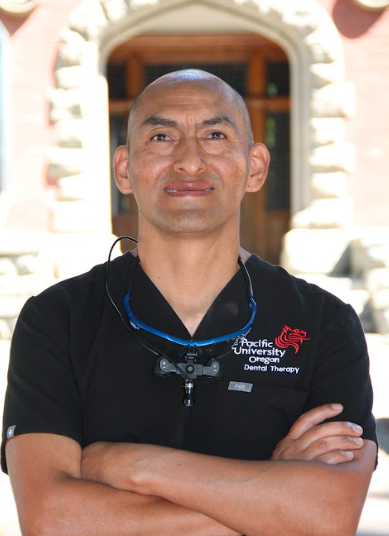 Wilber's journey in dentistry is unique and inspiring, from becoming a licensed dentist in Peru to his current role as an Associate Professor at Pacific University. He is a dedicated oral health professional passionate about community service and improving oral health care for all. He has recently done community service internationally in Jamaica and Peru and has spoken of his experience.
Wilber's journey in dentistry is unique and inspiring, from becoming a licensed dentist in Peru to his current role as an Associate Professor at Pacific University. He is a dedicated oral health professional passionate about community service and improving oral health care for all. He has recently done community service internationally in Jamaica and Peru and has spoken of his experience.
Born in the mountains of Peru during a civil war, Wilber's journey in dentistry began when he went to the capital for dental school. After completing his education, he worked and completed his residency at a public health hospital in Lima and at a rural health center in the Chanchamayo region of Peru—his early career involved working in the jungle and providing dental care in remote areas. Passionate about volunteering, he conducted numerous dental campaigns, often traveling by boat along the river and on foot with a small team to reach Indigenous communities. His journeys involved camping and walking to villages for hours, carrying dental equipment alongside other healthcare professionals to provide community service. The work involved treating patients and educating them about oral health. In many villages, people used sticks instead of toothbrushes, and the government distributed candies without addressing the need for dental care. Later on, he moved to Lima, where he opened a dental office and continued his community service with the Peruvian Red Cross, focusing on providing dental services to elders and victims of guerrilla warfare.
Although access to quality health care services is essential to overall well-being, dental care remains inaccessible to many in the United States. Dentists who advocate for dental therapy are building the momentum to bridge this gap, particularly for underserved populations. These dedicated professionals, often with decades of experience, advocate for change in the dental industry. Integrating dental therapists into the workforce has been a critical part of bridging the gap in oral health care.
 Dr. David Gesko, a recently retired dentist who held the Senior Vice President/Dental Director role at HealthPartners in Minnesota for 16 years, advocates for dental therapy. His advocacy began early in his tenure at HealthPartners when he successfully lobbied the State legislature in 2009 to pass legislation allowing dental therapy in Minnesota. His efforts have helped improve dental care access for countless individuals.
Dr. David Gesko, a recently retired dentist who held the Senior Vice President/Dental Director role at HealthPartners in Minnesota for 16 years, advocates for dental therapy. His advocacy began early in his tenure at HealthPartners when he successfully lobbied the State legislature in 2009 to pass legislation allowing dental therapy in Minnesota. His efforts have helped improve dental care access for countless individuals.
Did you know that research has shown mentorships significantly improve mentees' performance in the professional realm compared to those without a mentor? Students who participate in mentorships not only have increased networking opportunities but also report higher satisfaction with their programs and careers. Mentorship is a powerful tool and resource for improving personally and professionally, and you can be a part of this transformative journey.
As students are faced with numerous challenges during their educational journey, your role as a mentor becomes crucial. Forming a mentoring relationship can significantly ease the difficulties that come along with being a student. Having a role model like you will lead to professional development and enhanced support as there is more relatability and understanding on both ends.
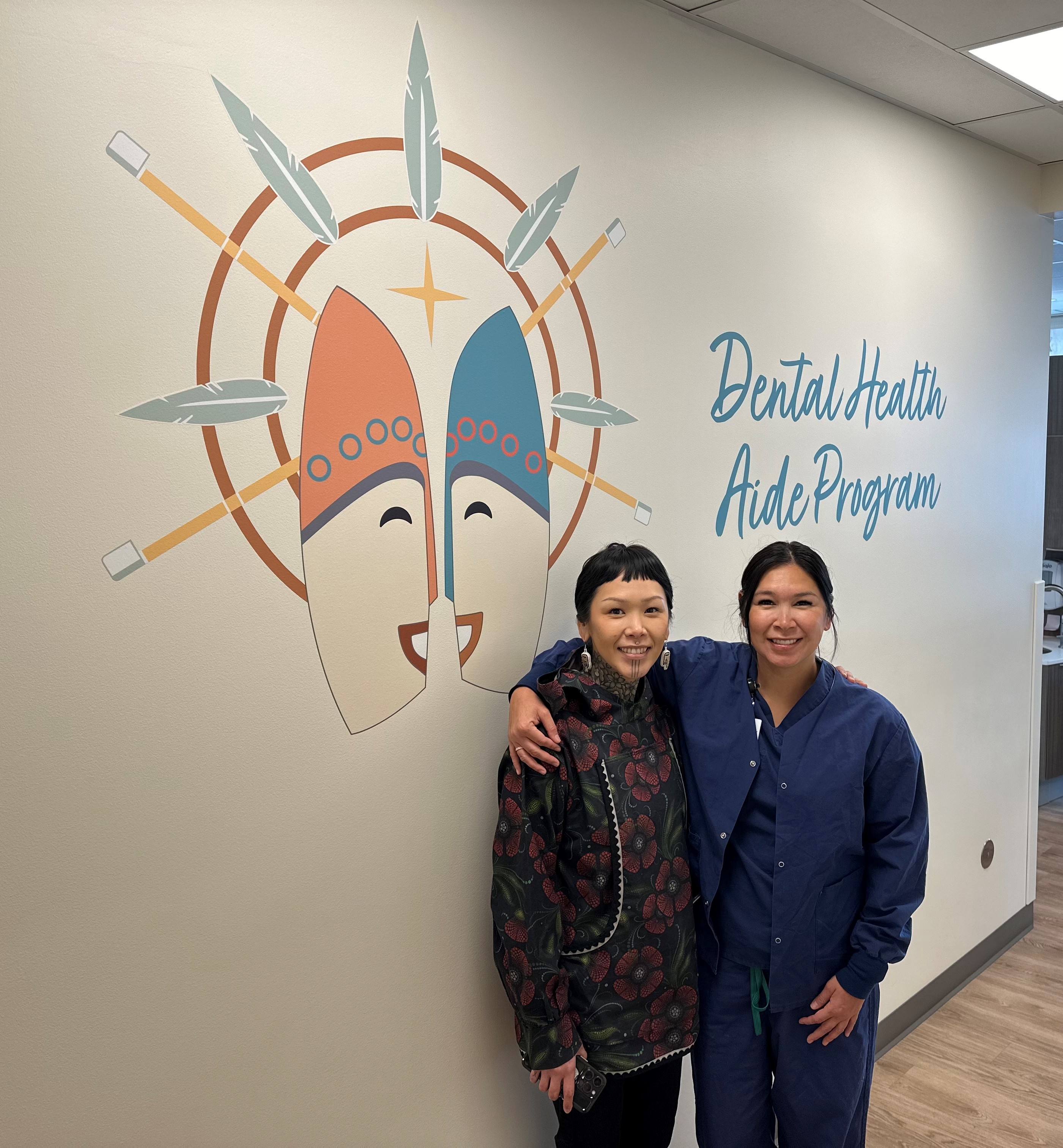 Meet Leandra Beech and Mek Apangalook, two sisters from Alaska who share a passion for dental therapy. Born and raised in the northern reaches of Alaska, in Gambell, St. Lawrence, the sisters developed an appreciation for dental care from an early age. Leandra, the oldest of three, started her career in dental care as a dental assistant in 2008. After gaining eight years of experience, she became a sponsor for the Dental Health Aide Therapist (DHAT) program. On the other hand, Mek initially attended the Southcentral Foundation Training Program for a different field before discovering her passion for dental therapy. She started her journey as a dental assistant with SCF for 11 years before seizing the opportunity to become a dental therapist.
Meet Leandra Beech and Mek Apangalook, two sisters from Alaska who share a passion for dental therapy. Born and raised in the northern reaches of Alaska, in Gambell, St. Lawrence, the sisters developed an appreciation for dental care from an early age. Leandra, the oldest of three, started her career in dental care as a dental assistant in 2008. After gaining eight years of experience, she became a sponsor for the Dental Health Aide Therapist (DHAT) program. On the other hand, Mek initially attended the Southcentral Foundation Training Program for a different field before discovering her passion for dental therapy. She started her journey as a dental assistant with SCF for 11 years before seizing the opportunity to become a dental therapist.
The sisters decided to pursue dental therapy to address their community's lack of access to dental care. Witnessing cases like children with dental cavities and limited access in Gambell and Anchorage, Alaska fueled their commitment to making a difference in oral health care.
The American Dental Therapy Association will host its Virtual Annual Conference in February & March 2024 with webinars broadcasted during lunch hours in central, eastern, and pacific time zones. The Virtual Conference includes new educational programs and offerings featured during the organization’s inaugural in-person conference held in Oklahoma City, Oklahoma, last October.
“In addition to the live webinar broadcasts, the ADTA is launching its Learning Management System in February 2024. The LMS aims to increase accessibility to advocacy and educational programs for individuals and organizations seeking to authorize dental therapy in their state. Live webinar broadcasts are free, thanks to the generous financial support from the Arcora Foundation. On-demand webinars will also be available on a day and time that works with the viewer’s schedule for a nominal fee”, stated Cristina Bowerman, executive director of the ADTA.
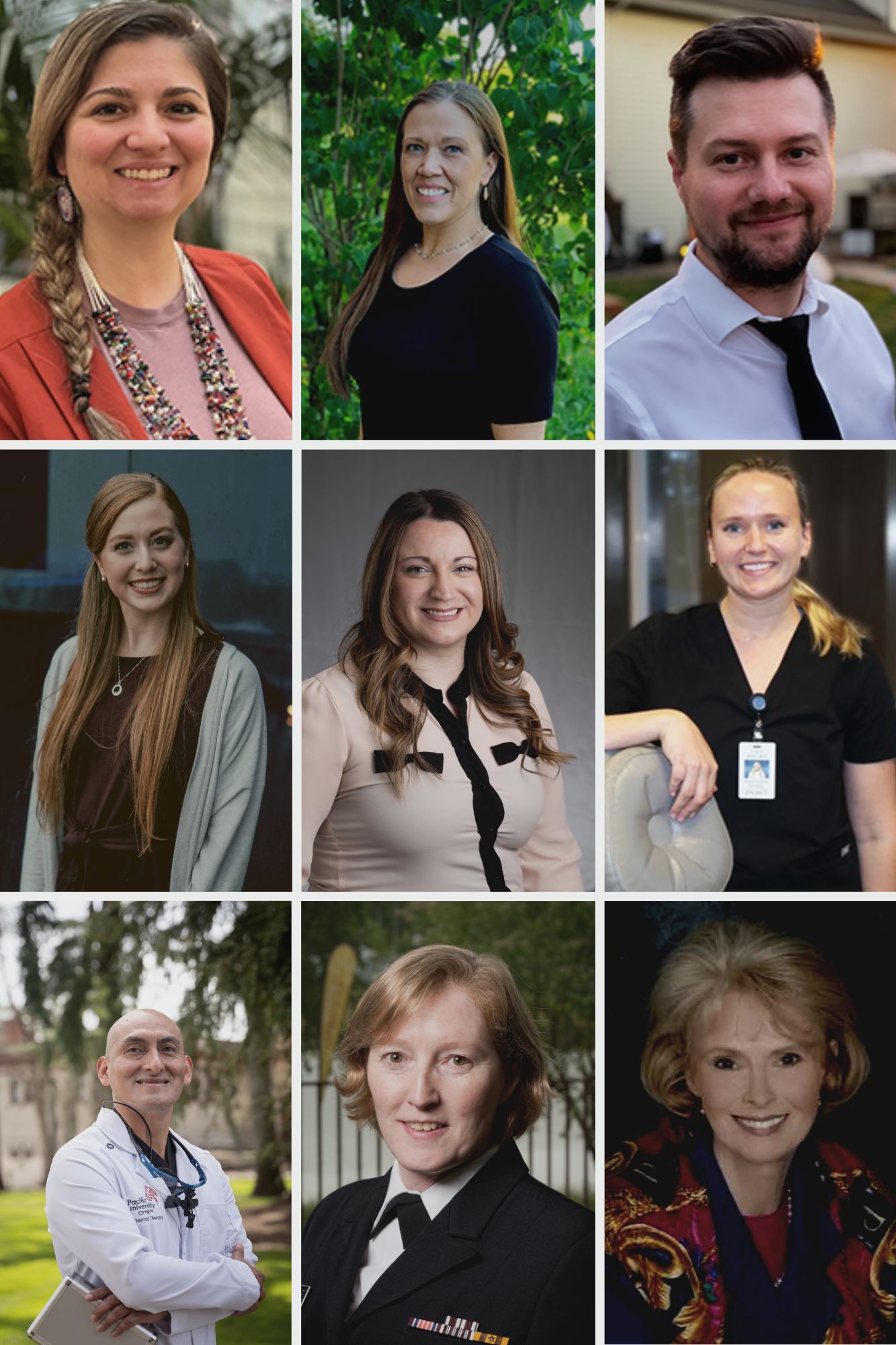 The American Dental Therapy Association amended its bylaws in 2023 to diversify its board leadership with dentists, hygienists, and dental therapy students. This change ensures the organization will maintain a pulse on the oral health care industry and health professional shortage areas throughout the United States.
The American Dental Therapy Association amended its bylaws in 2023 to diversify its board leadership with dentists, hygienists, and dental therapy students. This change ensures the organization will maintain a pulse on the oral health care industry and health professional shortage areas throughout the United States.
As of January 1, 2024, the ADTA's board leadership includes President Kari Ann Kuntzelman, a licensed dental therapist in Oregon; Secretary Anna DeGraffenreid, a licensed dental therapist in Washington; Treasurer Mark Kobylinsky, a licensed dental therapist and registered dental hygienist in Oregon; and director Claire Roesler, dental therapist and licensed hygienist in Minnesota.
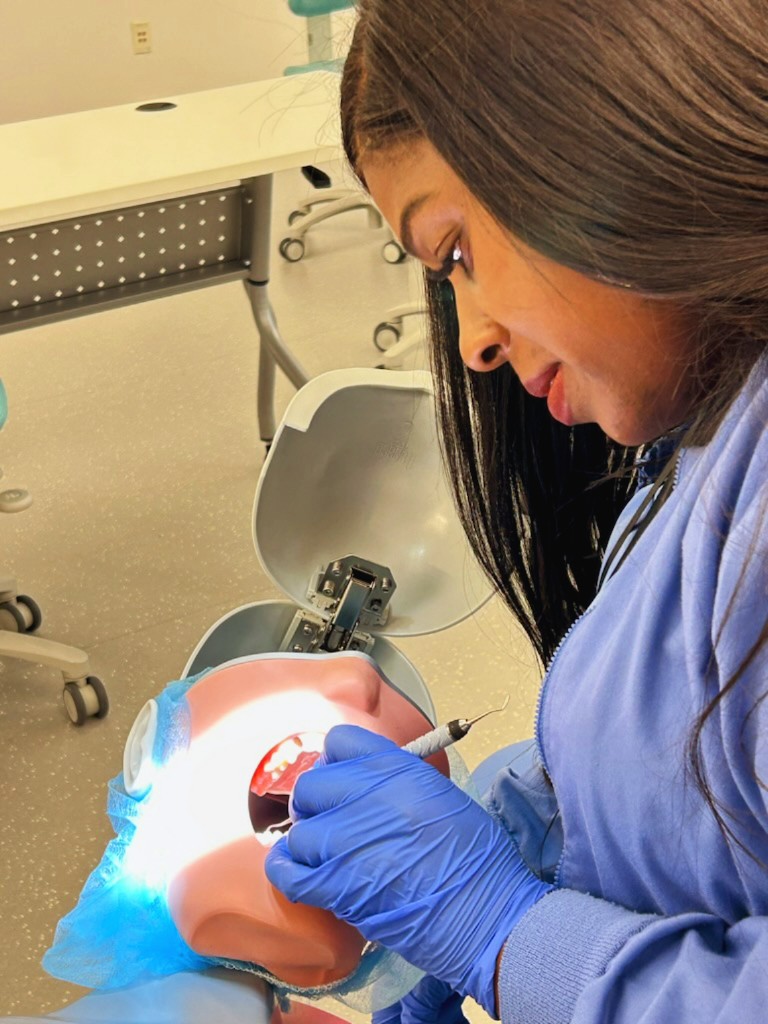 Meet Jamie Toney, a dental therapy student at the dəxʷx̌ayəbus-Dental Therapy Program at Skagit Valley College. Jamie's dental experience began in 1995 when she started as a co-op student in high school, handling front desk duties and scheduling patients. Her experiences led to an opportunity as a dental assistant in Detroit. Jamie engaged in various roles, including dental assistant, patient coordinator, biller, and practice administrator. This diverse experience set the foundation for her to manage the startup of four dental offices. Jamie pursued research at the University of Michigan, focusing on health disparities among Detroit residents. Within seven years of intensive studies, she felt inspired to pursue a career in oral health, as many in her community struggle with oral health issues.
Meet Jamie Toney, a dental therapy student at the dəxʷx̌ayəbus-Dental Therapy Program at Skagit Valley College. Jamie's dental experience began in 1995 when she started as a co-op student in high school, handling front desk duties and scheduling patients. Her experiences led to an opportunity as a dental assistant in Detroit. Jamie engaged in various roles, including dental assistant, patient coordinator, biller, and practice administrator. This diverse experience set the foundation for her to manage the startup of four dental offices. Jamie pursued research at the University of Michigan, focusing on health disparities among Detroit residents. Within seven years of intensive studies, she felt inspired to pursue a career in oral health, as many in her community struggle with oral health issues.
Jamie's decision to study dental therapy and move across the country, leaving behind family and life in Detroit, was a leap of faith in believing in the profession. Many in the cohort have left their hometowns to pursue dental therapy and fight the health disparities in their communities. Born and raised in Detroit, she fondly recalls attending sports games around Christmas and spending the holidays with her loved ones. The hardest part about leaving was being away from her two children, ages 2 and 22. Despite the challenges of moving across the country, Jamie embraced this leap of faith in her mid-40s, firmly believing in the impact of dental therapy.
 Assembly Bill 668 aims to address gaps in oral healthcare by introducing dental therapists. Dental therapists will be authorized to engage in the limited practice of dentistry, enhancing access to dental services for communities in need. Here is an overview of the key provisions outlined in the bill and examines the potential impact on oral healthcare.
Assembly Bill 668 aims to address gaps in oral healthcare by introducing dental therapists. Dental therapists will be authorized to engage in the limited practice of dentistry, enhancing access to dental services for communities in need. Here is an overview of the key provisions outlined in the bill and examines the potential impact on oral healthcare.
The bill outlines criteria for individuals seeking licensure as dental therapists. To qualify, candidates must have completed a qualifying dental therapy education program and successfully passed required examinations. Notably, these education programs must be accredited by the American Dental Association's Commission on Dental Accreditation (CODA).
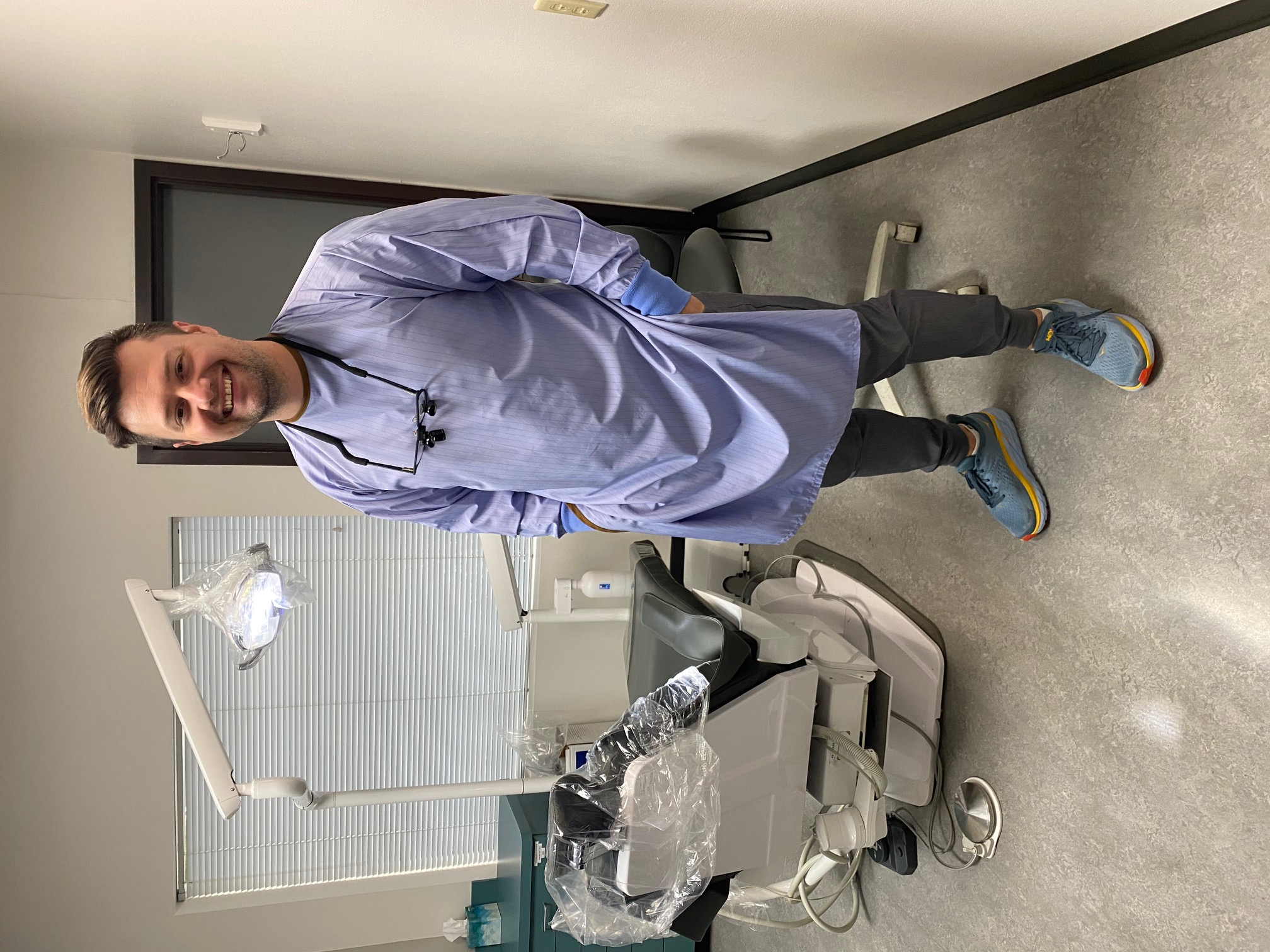 The ADTA introduces our treasurer, Mark Kobylinsky! Mark holds dual licenses in dental therapy and dental hygiene, with nine years as a dental hygienist and one year as a dental therapist. Mark received his dental therapy license from Oregon in November 2022 when it began issuing licenses. He is one of 13 licensed dental therapists currently working in the state. Currently, Mark works at Willamette Dental, located in the heart of Southeast Portland, Oregon.
The ADTA introduces our treasurer, Mark Kobylinsky! Mark holds dual licenses in dental therapy and dental hygiene, with nine years as a dental hygienist and one year as a dental therapist. Mark received his dental therapy license from Oregon in November 2022 when it began issuing licenses. He is one of 13 licensed dental therapists currently working in the state. Currently, Mark works at Willamette Dental, located in the heart of Southeast Portland, Oregon.
Mark has a unique experience with a dual license, integrating the roles of a hygienist and dental therapist. He differentiates these roles by explaining that while hygienists primarily focus on periodontal teeth cleanings and restoring teeth after the doctor's preparatory work, dental therapists train to perform dental drilling and fillings. Furthermore, dental therapists can diagnose patients, execute simple extractions, and provide treatment.
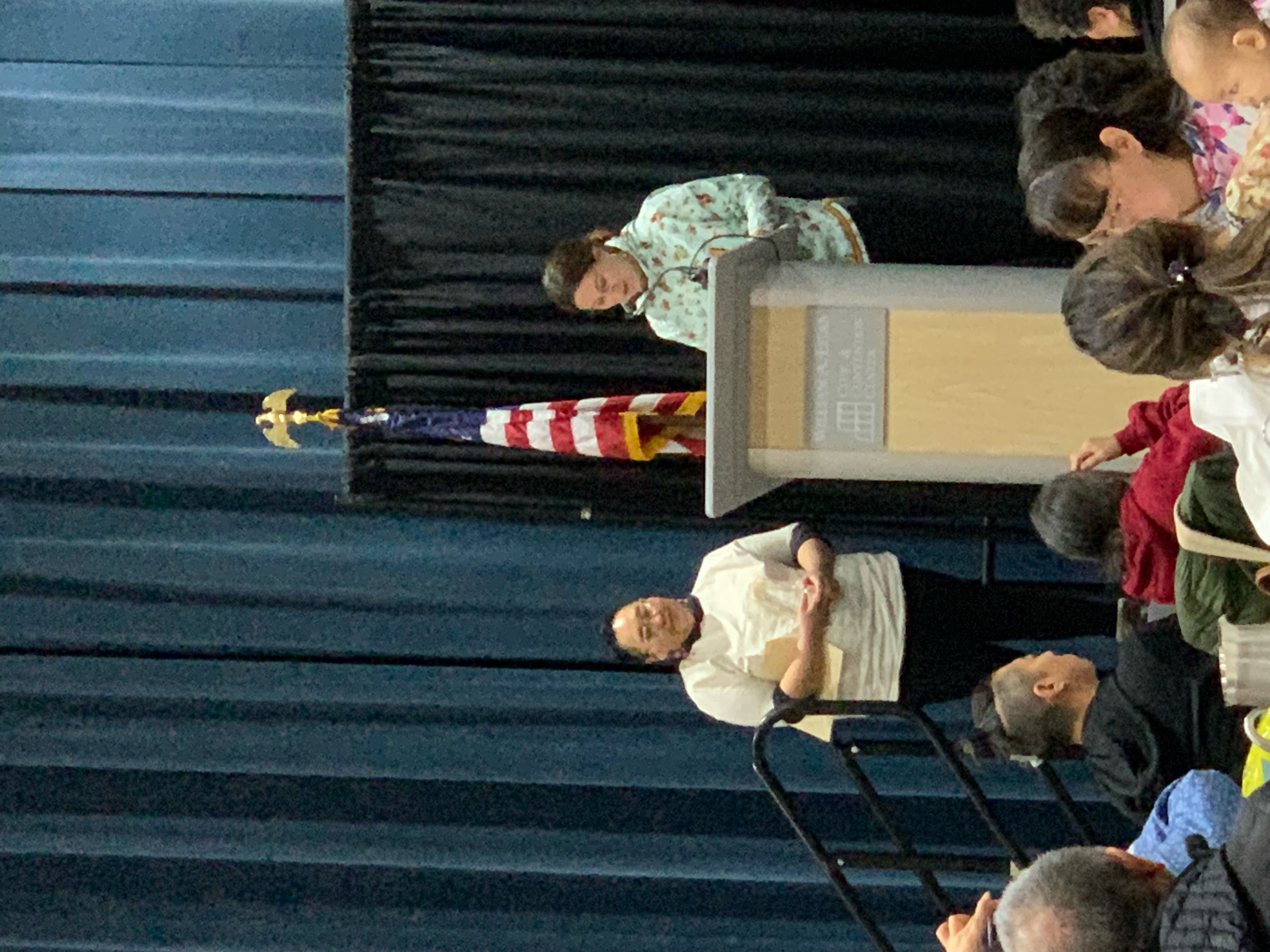
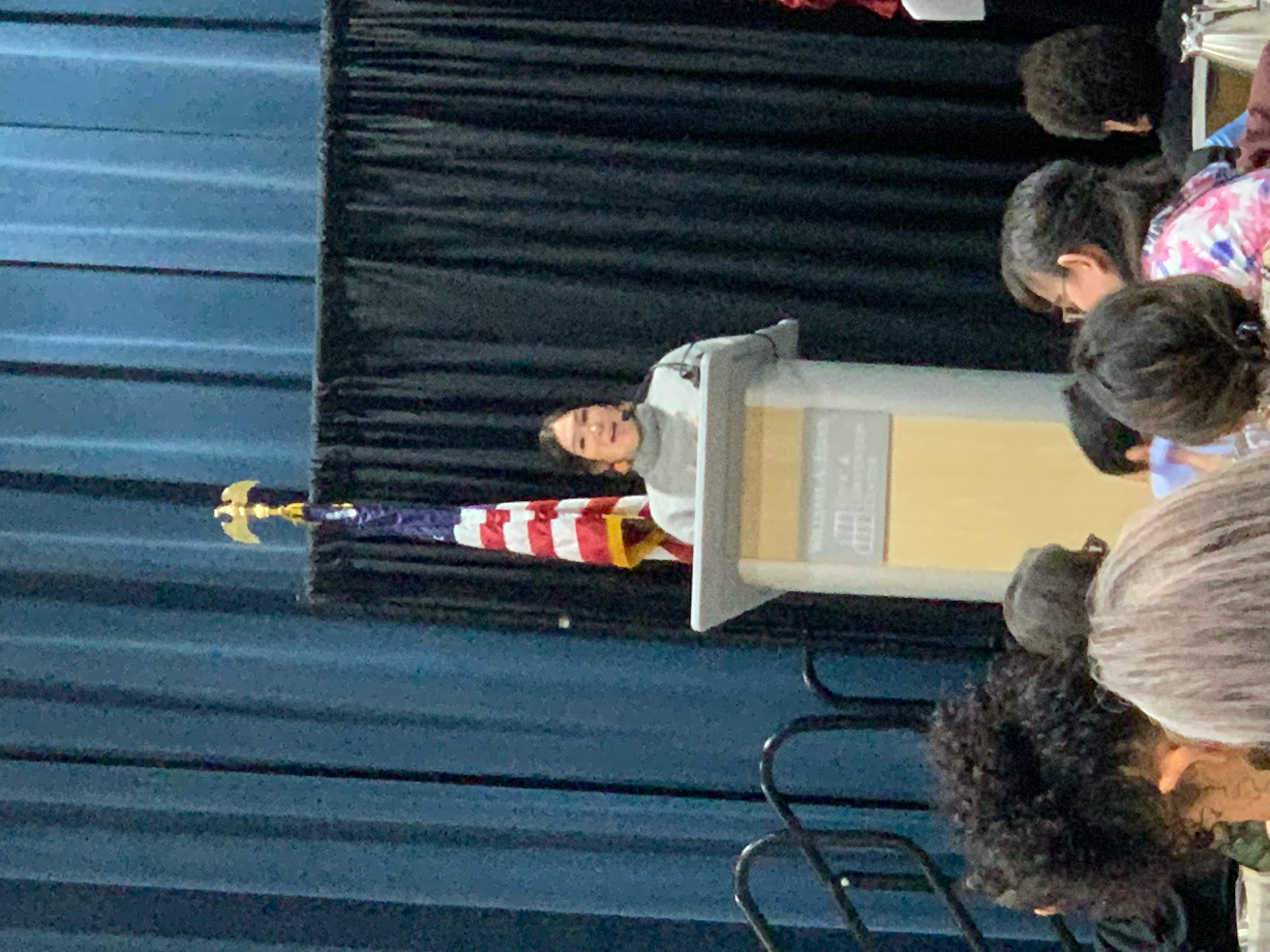 The Alaska Native Tribal Health Consortium (ANTHC) celebrated Community Health Aides, Behavioral Health Aides, and Dental Health Aide Therapists (DHATs) at its annual awards ceremony on Wednesday, November 8, 2023, in Anchorage, AK. Three awards recognized dental health aides: The Rising Star, Shining Star, and Outstanding Accomplishment Awards.
The Alaska Native Tribal Health Consortium (ANTHC) celebrated Community Health Aides, Behavioral Health Aides, and Dental Health Aide Therapists (DHATs) at its annual awards ceremony on Wednesday, November 8, 2023, in Anchorage, AK. Three awards recognized dental health aides: The Rising Star, Shining Star, and Outstanding Accomplishment Awards.
The Rising Star and Shining Star Awards recognize employees who demonstrate excellence by continuously delivering exceptional patient care, have somehow improved the healthcare delivery system, enhanced the level of care in their community, and demonstrated balance in their work and professional lives. This year's Rising Star is Jerilyn Glenn, a DHAT with less than five years of experience who works with the Yukon-Kuskokwim Health Corporation in Emmonak, AK. Renee Cheemuk, a DHAT with over five years of experience, was awarded the Shining Star for her work with the Yukon-Kuskokwim Health Corporation in St. Mary, AK.
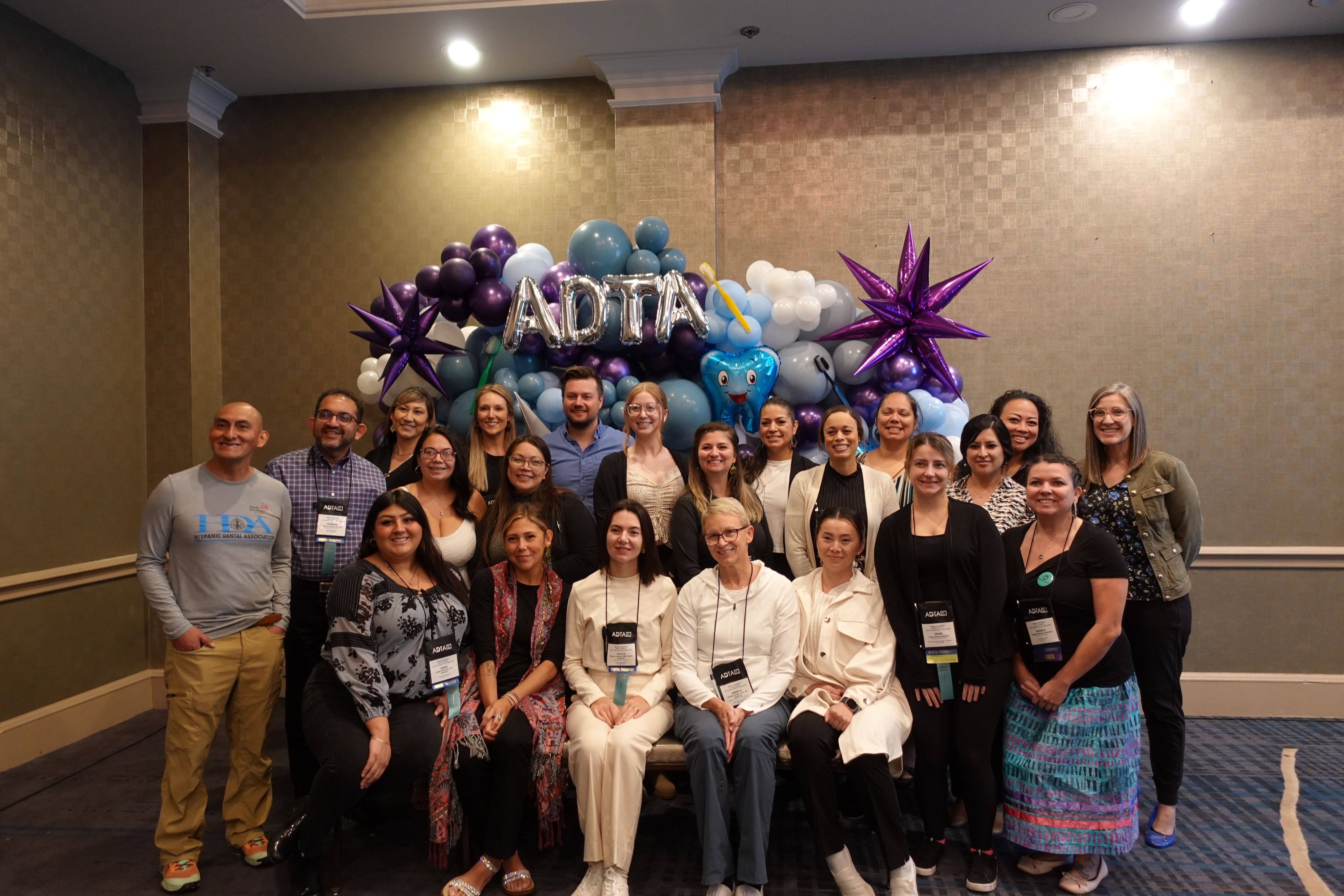 On October 5-7, 2023, the American Dental Therapy Association (ADTA) held its inaugural Annual Conference, Dental Therapy: Unity for Oral Health Innovation in Oklahoma City, Oklahoma. Over 100 individuals nationwide attended the event, including students, dental therapists, dentists, hygienists, medical and oral health care practitioners, Tribal members, citizens, and politicians interested in learning more about dental therapy.
On October 5-7, 2023, the American Dental Therapy Association (ADTA) held its inaugural Annual Conference, Dental Therapy: Unity for Oral Health Innovation in Oklahoma City, Oklahoma. Over 100 individuals nationwide attended the event, including students, dental therapists, dentists, hygienists, medical and oral health care practitioners, Tribal members, citizens, and politicians interested in learning more about dental therapy.
In partnership with the Southern Plains Tribal Health Board and Native Oral Health Network, the ADTA began its conference with Native American leader and activist Brian Cladoosby. As former Chairman of the Swinomish Tribal Community from 1997 to 2020, Cladoosby has been a tireless advocate for bringing dental therapy not only to his community and Indian Country but to all communities in need across Washington.
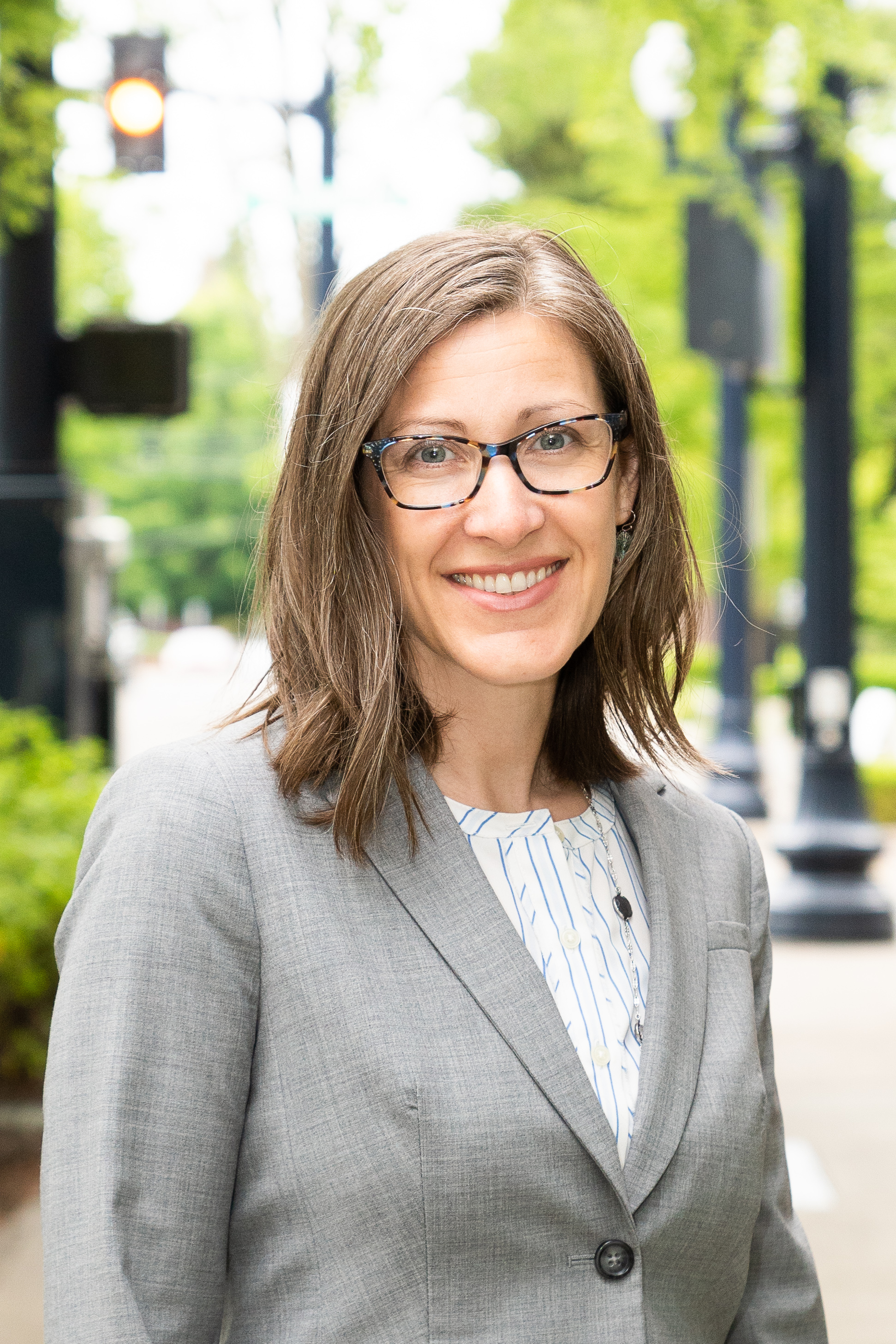 The profession of dental therapy is a growing and evolving field, with many passionate professionals dedicated to improving oral health. One individual is Amy Coplen, whose journey from a dental background to academia and, ultimately, dental therapy advocacy has made her an inspiring oral health care professional in the Pacific Northwest. In a recent interview, Amy walked us through her journey and shared insights into the profession of dental therapy and academia and developing Pacific University's Dental Therapy Program.
The profession of dental therapy is a growing and evolving field, with many passionate professionals dedicated to improving oral health. One individual is Amy Coplen, whose journey from a dental background to academia and, ultimately, dental therapy advocacy has made her an inspiring oral health care professional in the Pacific Northwest. In a recent interview, Amy walked us through her journey and shared insights into the profession of dental therapy and academia and developing Pacific University's Dental Therapy Program.
Amy's connection to the dental industry began at home. Her parents, who met while serving in the military, worked as dental lab technicians. Her mother furthered her dental career by attending dental hygiene school. This upbringing sparked Amy's fascination with the field, leading her to work in a dental office with the ambition of becoming a dentist.
 By Melissa Turner, BASDH, RDHEP, EFDA, Co-founder, National Mobile & Teledentistry Conference
By Melissa Turner, BASDH, RDHEP, EFDA, Co-founder, National Mobile & Teledentistry Conference
Welcome to the world of virtual care! In the last decade dentistry has experienced significant strides in innovation, business practices and technology — drastically changing how we think and practice. This especially rings true since the start of the pandemic. In the last 36 months we’ve seen an increase in business startups entering the space, the rise of countless new home care and in-office products, and a change in the mindset of our patients and team members. Individually, these changes have the ability to impact our daily lives as clinical healthcare providers in significant ways; collectively, these changes are creating an industry-wide paradigm-shift, changing dentistry before our very eyes.

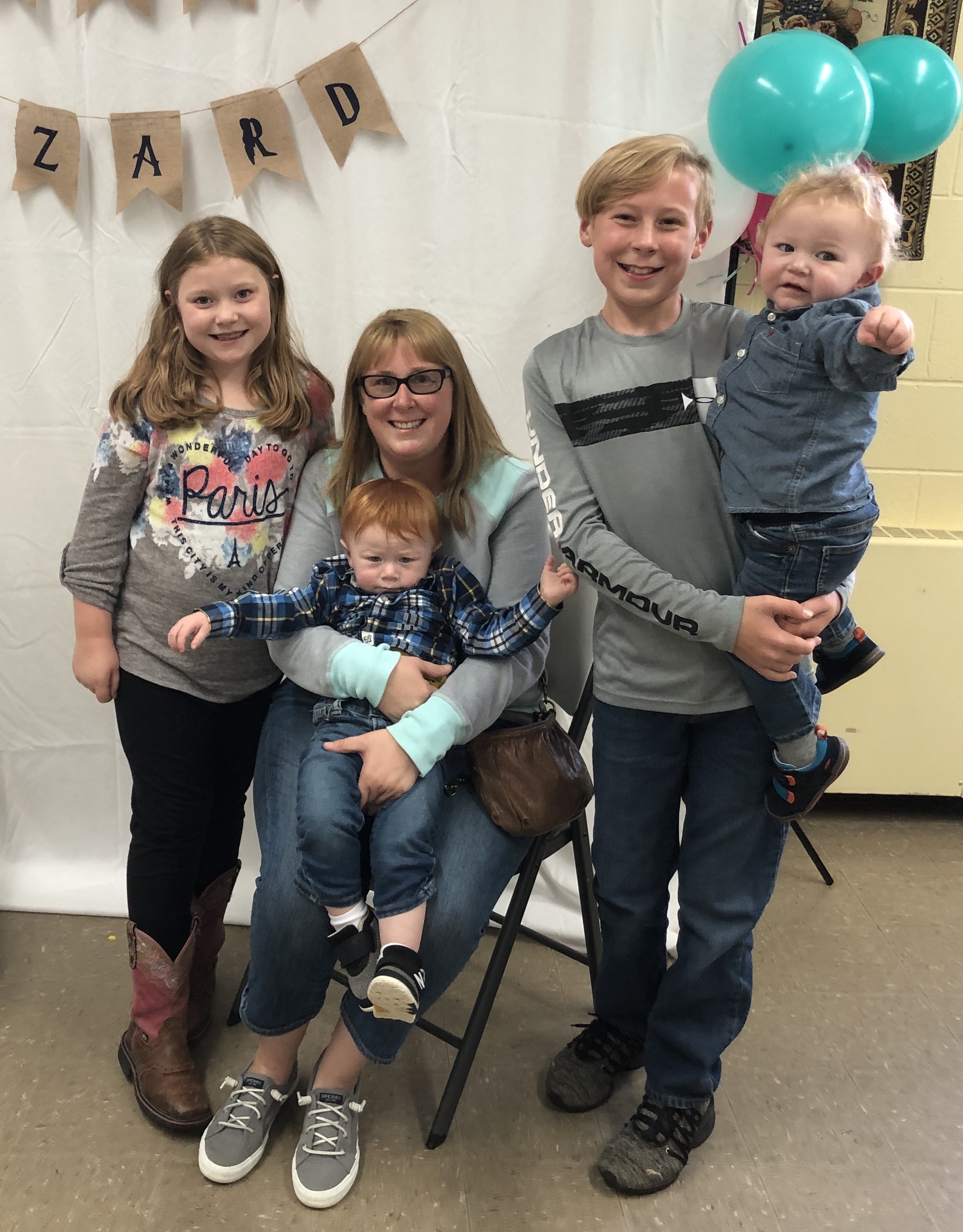 Dana Obey is a dental therapy student at Skagit Valley College’s first dental therapy education cohort and is poised to become the first dental therapist to work in Michigan. She is a part of the Sault Ste. Marie Tribe of Chippewa Indians. Before her educational journey, she worked in retail for ten years to support her children. Dana wanted to make a stable career change and made the transition to working in dentistry. She was a dental assistant for 13 years, working for various private practices for doctors and dentists, and worked at the Health Department for three years.
Dana Obey is a dental therapy student at Skagit Valley College’s first dental therapy education cohort and is poised to become the first dental therapist to work in Michigan. She is a part of the Sault Ste. Marie Tribe of Chippewa Indians. Before her educational journey, she worked in retail for ten years to support her children. Dana wanted to make a stable career change and made the transition to working in dentistry. She was a dental assistant for 13 years, working for various private practices for doctors and dentists, and worked at the Health Department for three years.
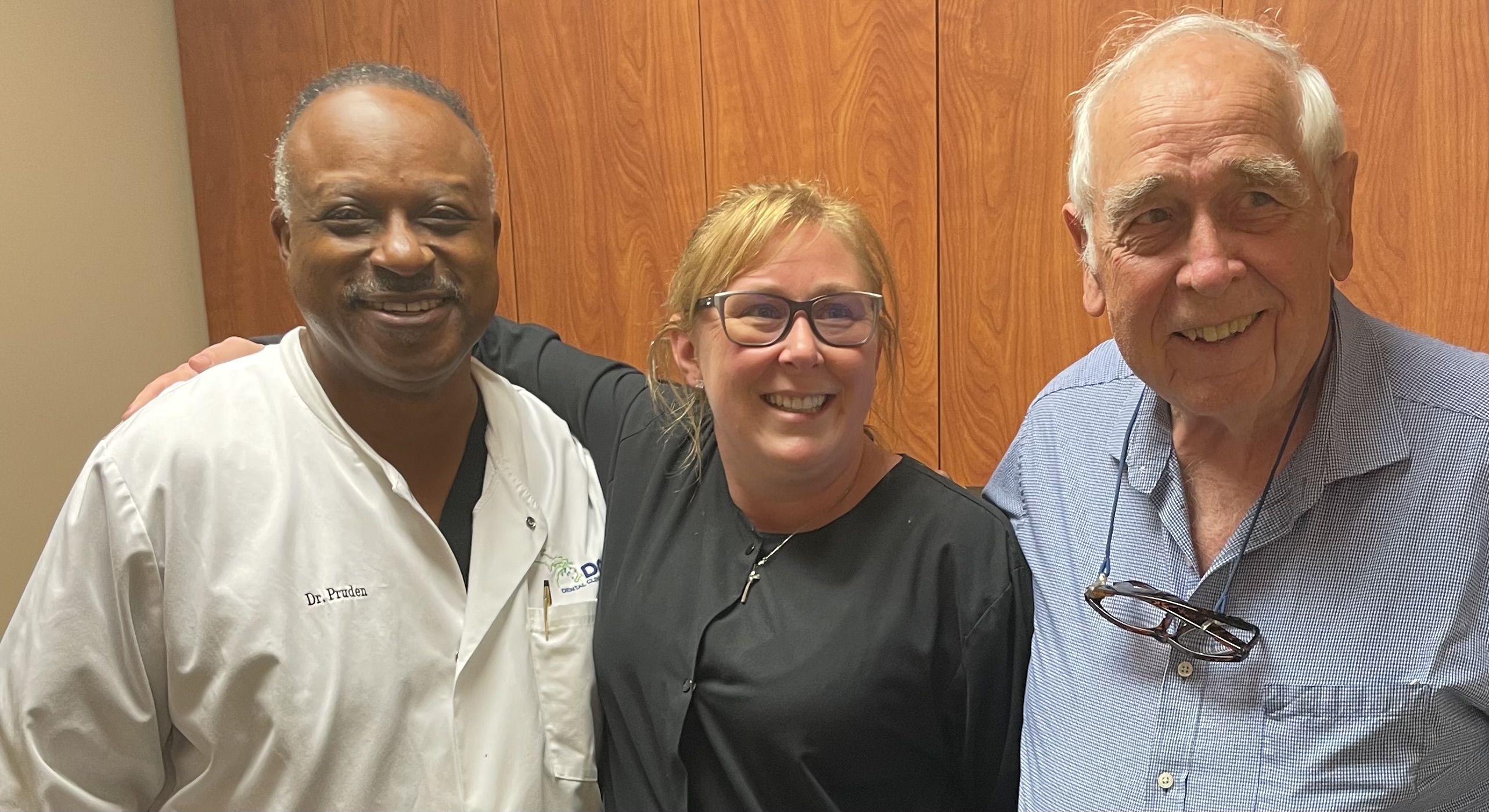 She became interested in dental therapy after hearing about free CE courses from the dental hygienists she worked with. During her time as a dental assistant, she mentored students on how to work with dental assistants and dentists. She inspired many students and taught them practical skills. Many of her colleagues encouraged her to attend dental school and further her education. Dr. William Pruden and Dr. William Ackerman, whom Dana worked with, recognized her potential and encouraged her to begin her education in dentistry. Dana is pursuing a career in dental therapy because she wants to be a mentor and role model for others and make a difference in her community.
She became interested in dental therapy after hearing about free CE courses from the dental hygienists she worked with. During her time as a dental assistant, she mentored students on how to work with dental assistants and dentists. She inspired many students and taught them practical skills. Many of her colleagues encouraged her to attend dental school and further her education. Dr. William Pruden and Dr. William Ackerman, whom Dana worked with, recognized her potential and encouraged her to begin her education in dentistry. Dana is pursuing a career in dental therapy because she wants to be a mentor and role model for others and make a difference in her community.